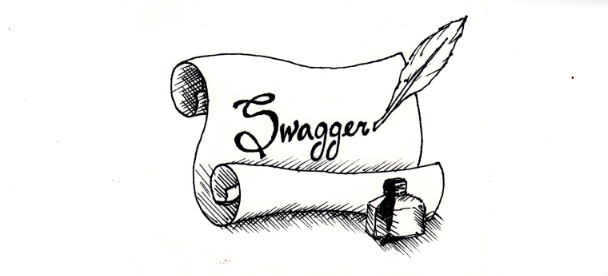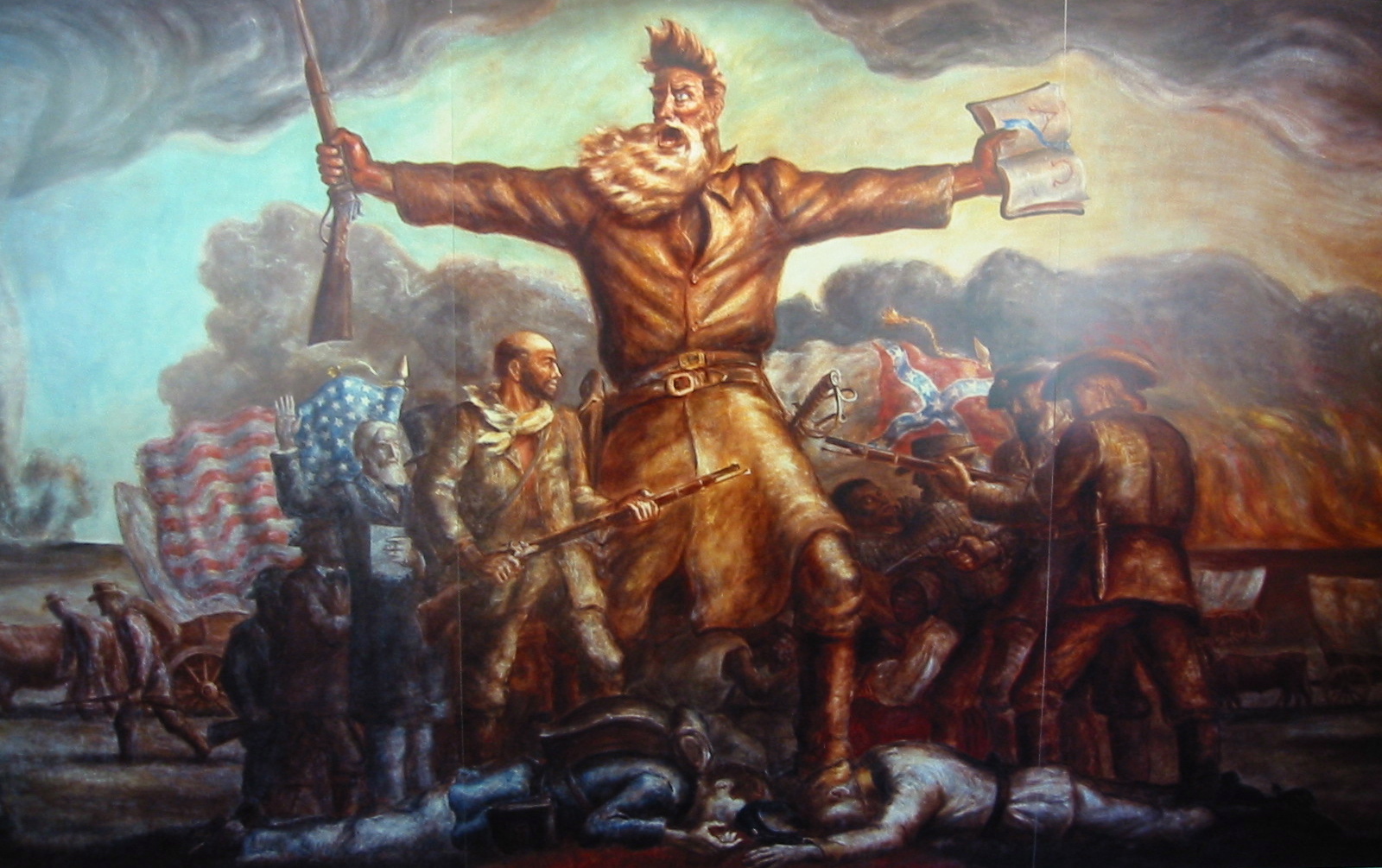by Kathy Cannon Wiechman
If you read about the Swagger Writers on the left side of this blog, you’ll see that we met at Highlights Foundation workshops at Boyds Mills.
I attended my first Highlights Foundation workshop at Chautauqua in 1999. Now they do all their workshops at their Boyds Mills property near Honesdale, PA. And what a beautiful place it is! I went there for the first time in 2001.
I have attended quite a few workshops there since then. Why do I keep going back? It is more than the beautiful wooded setting, more than the excellent faculty, more than the delicious food and pampering the attendees receive. There is always one-on-one time with faculty members, ever-present experts to help you with whatever issue you’re dealing with. I have learned more about writing for young readers in that place than I learned in the many classes and conferences I’ve been to over the years. (I also learned to load and fire a muzzleloader so I could write a Civil War scene more accurately, but that’s another story.)
And last year, the Highlights Foundation added something new! The Unworkshop (aka: Unguided retreat). No faculty members for this, but an editor from the Highlights/Boyds Mills offices occasionally dropped by to join us at mealtime.
As with the workshops, I had my own private cabin (with bath). Three times a day, at mealtimes, I walked a short distance to a place called The Barn (a gorgeous new building completed two years ago), where they served great food that fit all my dietary needs. Over meals, I got to know the other writers in attendance.
While Highlights Foundation workshops are intended for Writers for children, the Unworkshop is for ANY writer who wants time to write. At the October Unworkshop I attended, a mother-and-daughter writing duo came. Mother Rosemary writes for kids, but daughter Alicia writes for adults.
At my most recent Unworkshop (April 24-May 4), a writer named Erin and I got together after supper one evening to read first chapters to one another. It was up to us how we wanted to spend our time.
Erin signed up for only four days, while I signed up for the whole week. That’s another perk of the Unworkshop. The writer decides how much and which part of the available time, he/she wants to attend. And the price is based on how long you stay.
 |
| Kathy's latest Unworkshop crew. |
I have now attended two Unworkshops. At the first, I worked on a first draft of my most recent novel, and at the second, I revised a previous novel. When something in Chapter 32 brought up an issue first hinted at in Chapter 10, it was still fresh in my mind because I’d worked on it just a few days before. These retreats are ideal for FOCUS.
I amazed myself with how much work I could do (37 revised chapters this last time) when there was no phone, no TV, no chores to do. My mind was never distracted by thoughts of a meal that needed cooked or a floor that needed mopped. There was no listening for a dryer to buzz or watching the clock to check the oven or crockpot. I was In. The. Zone. And it was fantastic!
I did take a break every afternoon to walk along the creek or one of the trails, but otherwise I wrote ALL DAY. For me, it was Heaven. Other writers might spend less time writing. But that’s the joy of it. It was up to each of us to plan our day.
The Highlights Foundation also offers Guided Retreats, where authors or editors are on site to set up critiques or answer questions. With no structured sessions, writing time is up to individuals, with as much help (or as little) from the faculty as needed.
With guided retreats, unguided retreats, short workshops, long workshops, workshops on picture books, nature writing, fiction, non-fiction, novels in verse, Young Adult, fantasy, historical fiction, and so much more, the Highlights Foundation has something for every writer (and illustrator, too).
For more information, go to here.
Maybe I’ll see you there one of these days. Because I’m definitely going back.









